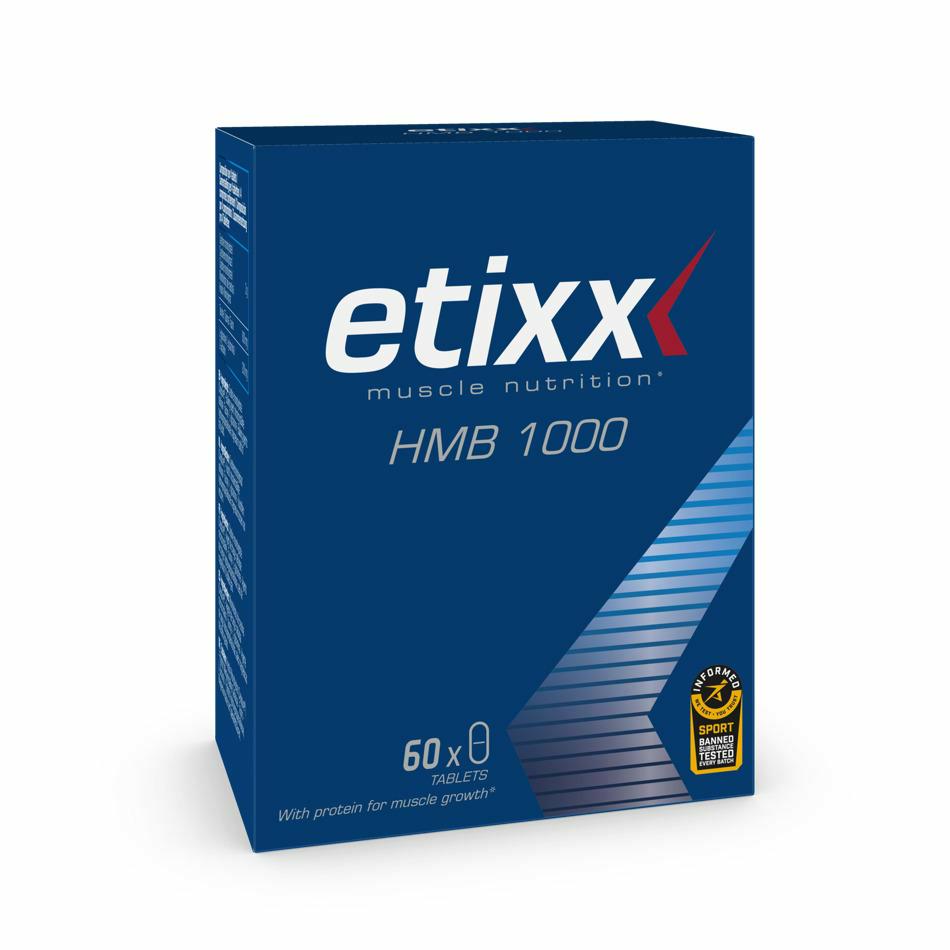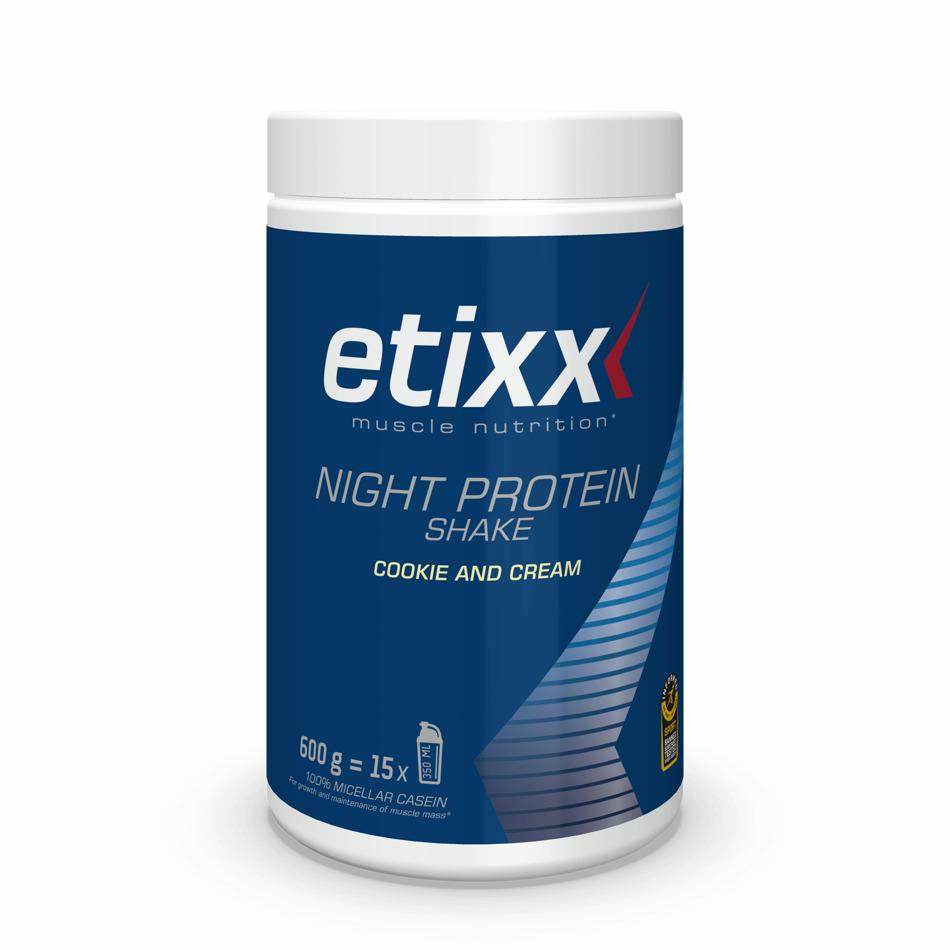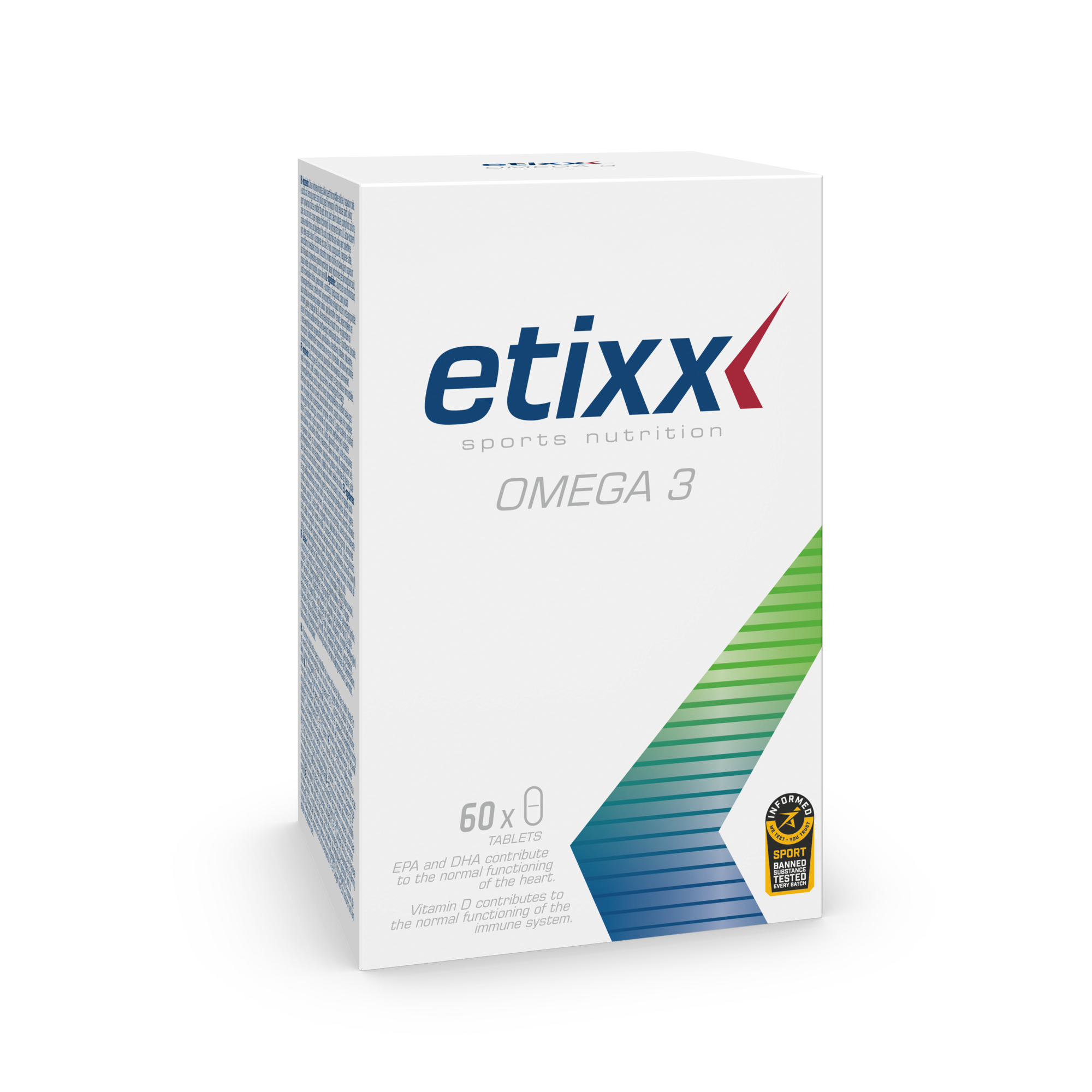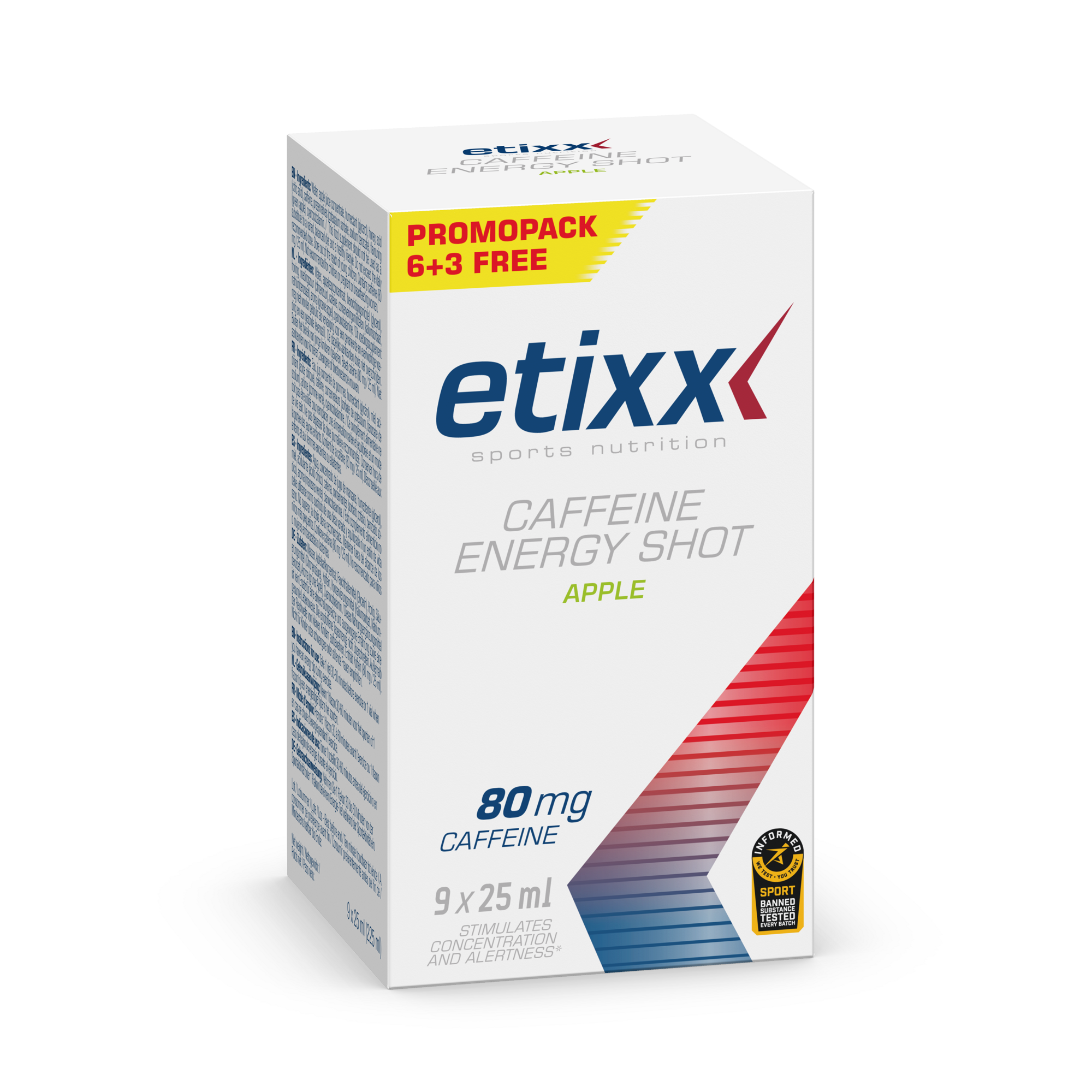Strength Training
Building fat free muscle mass with Etixx
Would you like to know how to build fat free muscle, or improve your body composition? Do you want to gain strength or improve your performance? The strength and resistance exercises in your training schedule can help your body to gain the extra strength it needs to push your limits.
Building powerful trunk muscles
Many top athletes train for several hours per week in the gym in order to build up muscle strength. In cycle racing, team sports and triathlon for example, athletes need to have extremely strong and powerful trunk muscles. Strong trunk muscles provide general stability and more power. A balanced training schedule, which includes sessions focused on both strength and endurance, is therefore considered to be the best option for any type of athlete.
How do I build muscle?
Your capacity for building muscle depends on several factors, including genetics. It is important that you discover which type of strength training works best for your body. After that, it’s just a question of working hard and training intensively to build muscle. However, it is also possible to consume the right nutrients before, during and after each training session in order to get the most out of your efforts. For example, taking 20 g of protein after each session will stimulate muscle growth and speed up the recovery of your muscles. Carbohydrates, on the other hand, can help to refill your reserves of glycogen, so that your batteries are recharged for the next session.

Daily nutrition advice
It is important to consume the right nutrition in order to stimulate yourself to gain fitness and to recover on time for the next session. Etixx can help you to achieve your goals without overburdening your body. Our products have been tested extensively and are developed by a team of specialists that works with top athletes. Our unique formulas are designed in such a way that they give you everything your body needs before, during and after training.
In general, athletes require more vitamins and minerals because of the exercise they do. Due to overworking and excess fertilisation, our agricultural land has been degraded, so that fruit and vegetables now contain less vitamins and minerals than roughly 50 years ago. This lower level of vitamins and minerals, combined with lower consumption of fruit and vegetables in general, means that athletes have to pay extra attention to this. For this reason, extra supplements are highly recommended.
Eat and drink before exercise in order to make the best possible gains.
Our level of performance is directly proportional to our loss of moisture. It is important to start your training sessions properly hydrated. Pre-hydration starts the day before exercise, and mainly involves drinking water. The colour of your urine is a good indication of whether you are sufficiently hydrated. Dark yellow urine is a sign that you have not drunk enough. A light yellow colour indicates that you are well hydrated. During the meal before your session (3 hours before) or 10 minutes before the exercise, you can drink a sports drink to hydrate and get some extra carbohydrates.
Eat and drink something during exercise in order to gain as much performance as possible.
The amount of moisture that you will lose during exercise depends on duration, intensity, genetics, body size and various environmental factors such as humidity and temperature. It is therefore not entirely clear how much you should drink while exercising. A very good way to determine how much moisture you need to consume is to use some scales on a day during which you will be training. Weigh yourself before and after training, and multiply the lost weight by 1.5. The outcome is the quantity of fluid that you need to consume in order to compensate for what you lost as sweat.
In order to perform during long periods of exercise, the muscles must have enough glycogen, and that is why it is important to consume carbohydrates while training and replenish these reserves. If no carbohydrates are consumed during long periods of intensive exercise, glycogen in the muscles will become depleted after 90 minutes. The table below shows how much carbohydrate must be consumed, because requirements depend on the duration of the exercise:
| <1h | No additional carbohydrates required |
| 1-2h | 30g per hour |
| 2-3h | 60g per hour |
| >2,5h | Up to 90 g per hour |
You can choose to consume carbohydrates during exercise in liquid, semi-liquid or solid form. The more liquid the food, the faster the carbohydrates will be absorbed during exercise. In stress situations, preference is always given to liquid sources of carbohydrate, because our digestive system does not work optimally when we are under stress.
Eat and drink something after exercise in order to recover as quickly as possible
Proper recovery after training is crucially important, because strangely enough, your body gets stronger and fitter after exercise, not during. In line with the motto “You’re only as good as your last recovery”, it is important to pay attention to what you eat and drink after exercise. This determines how much you will gain from your training. Often, you have to drive or catch a bus, or rush to your next appointment, so you do not immediately supply your body with the building materials it needs to ensure proper recovery. This can cause you to start your next training with fatigue, potentially causing you to enter a negative spiral. This can result in delayed progress, or even injury. What you should do, is provide your body with fuel and the right nutrition as fast as possible.
Advanced plan
For those who are ready to take it a step further and are aiming for challenges that are just within their potential. The products below can help you with this depending on your goals.
Sign up for our newsletter and receive a 15% discount in your mailbox
Search

















